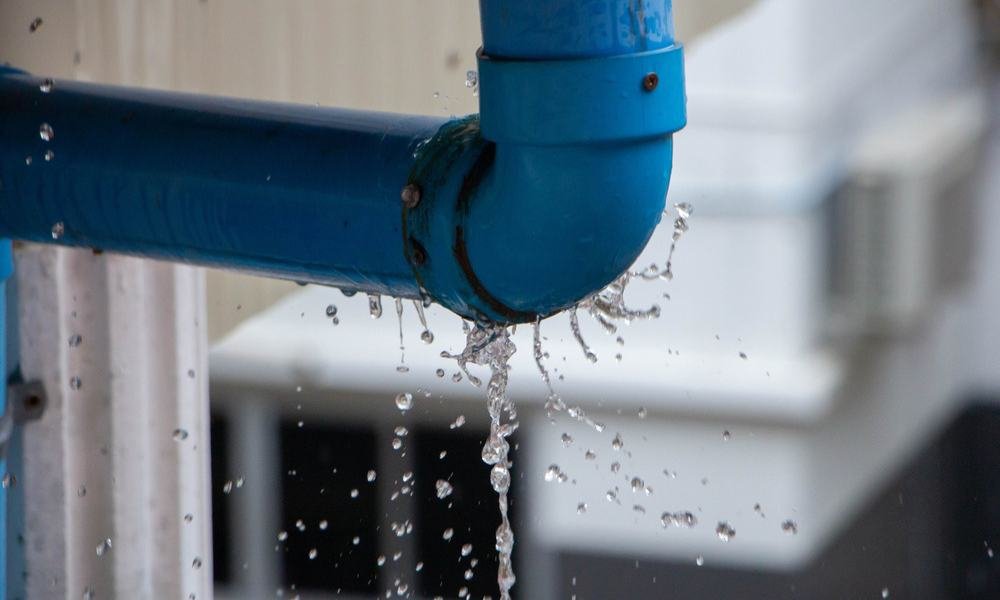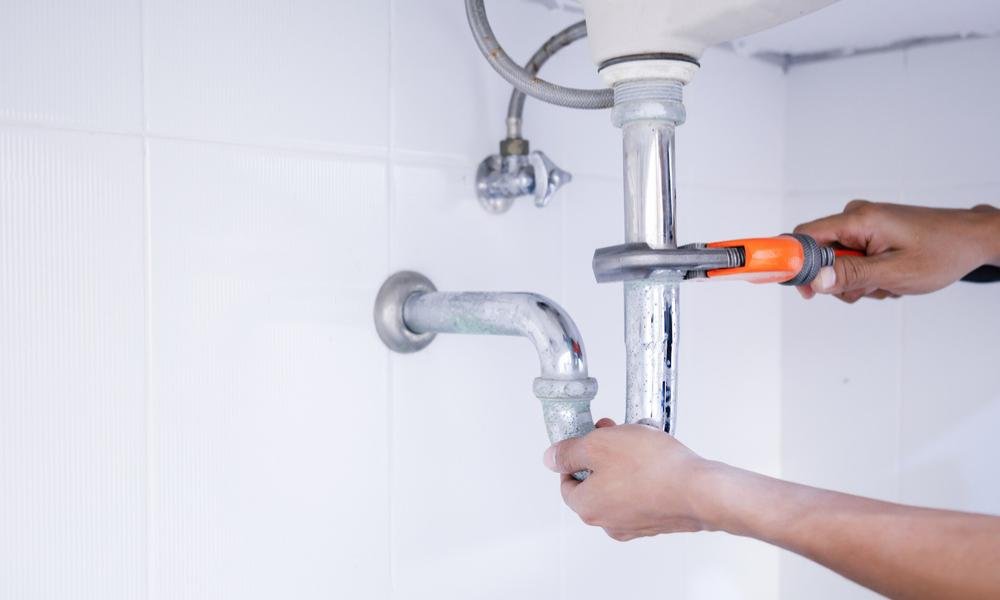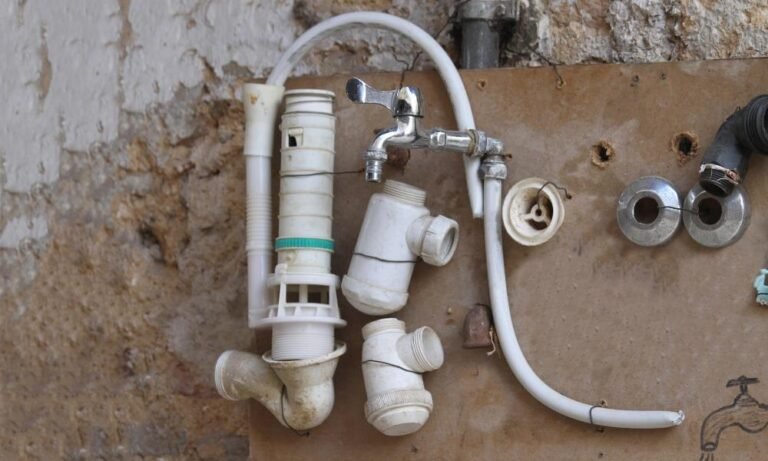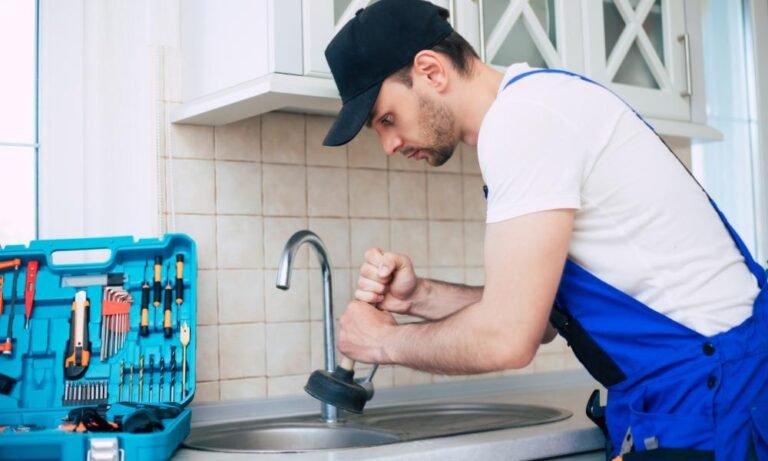Estimated reading time: 5 minutes
When you notice a tiny drip from your faucet or a damp spot under your sink, it’s tempting to shrug it off as “no big deal.” But here’s the thing—what starts as a small issue can quickly spiral into a massive headache. Trust me, I’ve seen countless homeowners deal with the aftermath of seemingly harmless leaks. Let me explain why addressing minor plumbing issues now can save you from a costly disaster later.
What You’ll Learn in This Post
- Common causes behind minor pipe leaks.
- How untreated plumbing issues can snowball.
- Subtle signs your home might have hidden plumbing damage.
- Why quick action is the best (and cheapest) solution.
- Easy ways to prevent future leaks and protect your home.
Why Do Small Pipe Leaks Happen?
It’s easy to overlook the warning signs, but understanding why leaks occur is your first defense against future damage. Here are some common culprits behind those pesky drips:
Aging Materials: Pipes wear down over time, especially in older homes. Tiny cracks or pinholes may start to form, leading to small leaks.
Loose Connections: Over time, the seals and joints between pipes can loosen due to water pressure or temperature changes, creating a slow drip.
Clogged Pipes: Debris build-up causes pressure to back up, often forcing water to seep through weak spots in the pipes.
Weather Conditions: Extreme cold can cause pipes to freeze and expand, weakening their structure.
How Small Plumbing Issues Snowball Into Major Problems
Minor leaks don’t stay minor forever. What starts as a drip can lead to a cascade of other issues that impact your home and wallet. Here’s how:
Hidden Water Damage
A steady drip can seep into walls, floors, or ceilings. Over time, this moisture damages drywall, ruins flooring, and even weakens the structural integrity of your home.
Mold and Mildew Growth
Moist environments are a breeding ground for mold. Not only does mold spread quickly, but it also poses serious health risks, especially for those with allergies or asthma.
Higher Utility Bills
Even a slow leak can waste hundreds of gallons of water per year. That extra usage shows up on your water bill, turning what seems like a minor annoyance into an expensive oversight.

Pipe Bursts
Small leaks stress the plumbing system. Over time, the constant pressure wears down the weakened area, leading to a pipe burst—and trust me, that’s not something you want to wake up to.
Signs You Have a Plumbing Issue
Spotting the signs early can save you a world of trouble. Here’s what to watch out for:
Unexplained Water Spots: If you notice discoloration on your walls, ceilings, or floors, it could indicate a leak behind the scenes.
Unusual Sounds: Dripping, hissing, or gurgling sounds might be your pipes trying to tell you something’s wrong.
Musty Smells: A damp, musty odor often signals mold growth, which can result from hidden moisture.
Decreased Water Pressure: Weak flow from your faucets or shower could mean water is escaping somewhere else before it reaches you.
Why You Should Act Fast
You might think, “It’s just a little drip; how bad could it be?” But waiting too long to address a small problem can lead to expensive consequences. Here’s why acting fast is crucial:
Save Money: Fixing a minor leak is far cheaper than repairing water damage or replacing burst pipes.
Prevent Health Risks: Mold spores can spread within 24-48 hours of a leak, posing respiratory risks to your family.
Protect Your Property Value: Water damage can lower the resale value of your home. Keeping your plumbing in good shape helps maintain its worth.
Pro Tips to Prevent Future Plumbing Issues
Prevention is always better than cure, especially when it comes to your plumbing. Here are some practical tips to avoid future leaks:
Inspect Regularly: Take a few minutes each month to check under sinks, around toilets, and near water heaters for any signs of moisture.
Keep an Eye on Water Pressure: Install a pressure regulator to prevent unnecessary strain on your pipes.
Insulate Pipes: Especially during colder months, insulating your pipes can prevent them from freezing and cracking.
Schedule Professional Inspections: A plumber can catch small issues before they escalate. Think of it as a check-up for your home’s plumbing system.
Avoid Harsh Chemicals: Chemical drain cleaners can corrode pipes over time. Opt for natural or mechanical cleaning methods instead.
A Quick Reality Check
Here’s a story I’ve seen play out too many times: A homeowner ignores a slow drip in the basement, thinking it’s “not worth the hassle.” Months later, they’re dealing with warped hardwood floors, sky-high water bills, and an unexpected visit from a mold remediation crew. Don’t be that person. Trust me, the hassle of fixing a small issue now is nothing compared to the chaos of a full-blown plumbing disaster.
When to Call in the Experts
If you’ve spotted a potential issue—or even suspect one—don’t hesitate to call a professional plumber. While some minor leaks can be managed with DIY solutions, many require specialized tools and expertise to fix properly. Remember, catching a problem early can save you significant time, money, and stress.
Conclusion
Small leaks are like ticking time bombs. They might seem harmless at first glance, but they have the potential to cause extensive damage to your home, your health, and your wallet. By acting quickly and staying vigilant, you can prevent a minor issue from becoming a major crisis.
If you’re dealing with a leak, don’t wait until it’s too late. Take charge of your plumbing today and ensure your home remains a safe, dry, and comfortable space for you and your family. After all, peace of mind is priceless.
Now, let’s fix that drip before it drives you crazy—or worse, floods your kitchen.



